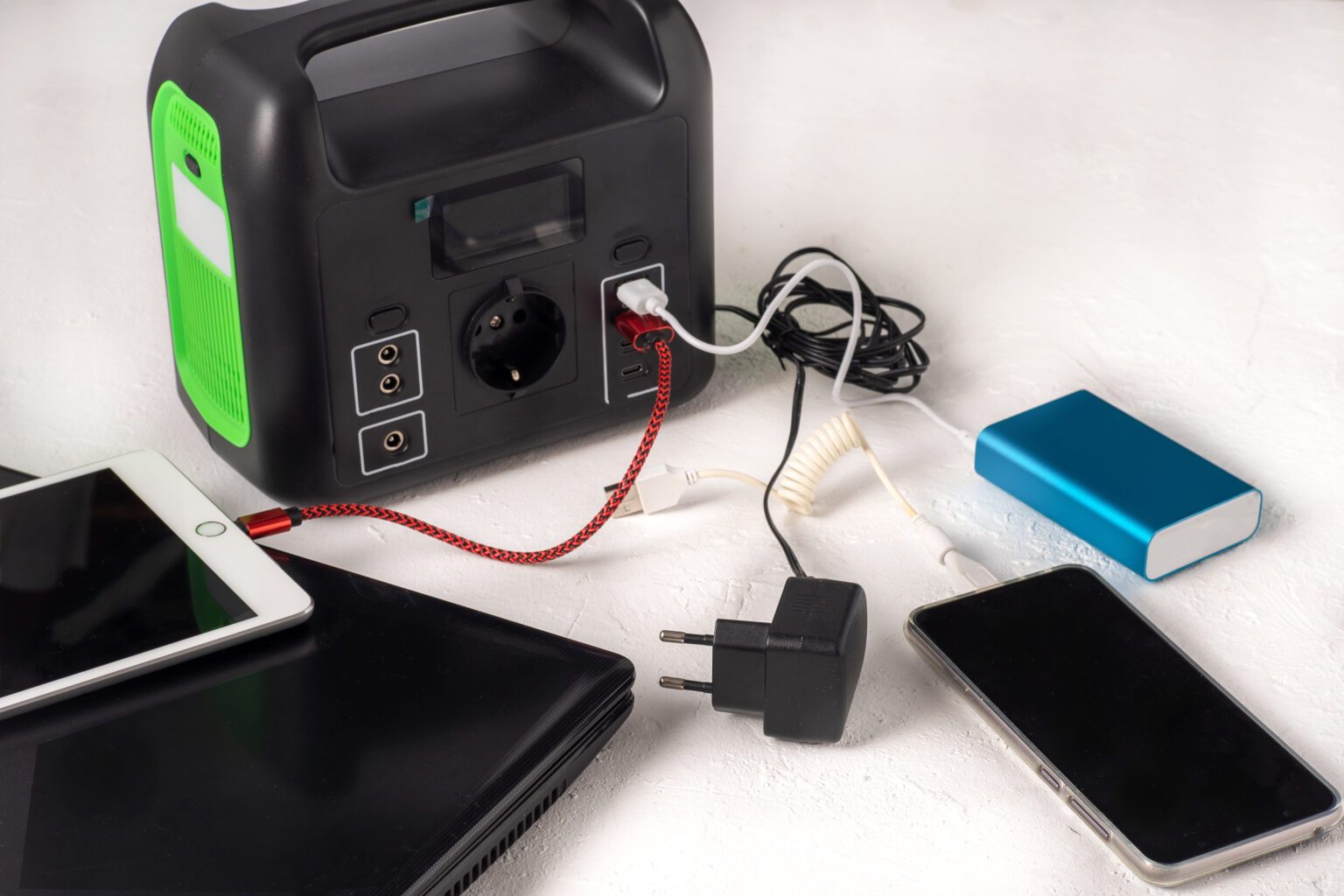The importance of lithium-ion batteries in our everyday lives is constantly increasing. Whether in electric cars, smartphones, laptops or medical devices - rechargeable batteries have become indispensable. But as demand increases, so does the risk of fires caused by improper handling and storage.
Despite built-in safety mechanisms, lithium-ion batteries can be dangerous if handled incorrectly. There is a potential danger when charging at low temperatures, as the lithium becomes sluggish and can overload the battery. Deep discharging can also lead to problems such as copper bridging, excessive heating or short circuits. Finally, the use of non-original chargers or damage can lead to overcharging or overheating, which can result in a thermal runaway and, in the worst case, an explosion.
Warning signs for defective batteries
Defective lithium-ion batteries are not always easy to recognise. Look out for dents after drops, rapid discharge, cracks, swelling, deformation or greasy deposits on the terminals. In such cases, the batteries must no longer be used or charged and must be disposed of properly.
Transport and storage of lithium-ion batteries
Sufficient labelling is important for the safe transport and storage of lithium-ion batteries. Loose batteries should be taped at the terminals to prevent short circuits. They should be stored in separate, insulated rooms and away from flammable materials.
Rules of behaviour for firefighting
Certain rules of behaviour must be observed in the event of lithium-ion battery fires. The fire brigade should be alerted immediately and extinguishing work should only be carried out by trained firefighters with appropriate protective equipment. Companies should check whether they can train and equip their staff accordingly.
Duty of care and liability in the event of accidents
Companies must fulfil their duty of care and take appropriate safety and precautionary measures. In the event of an accident, it must be clarified who is liable. Negligent behaviour can be punishable by law for both employers and employees.
Future safety precautions
New technologies and innovations such as intelligent batteries, pressure relief valves and explosion-proof housings can further increase the safety of lithium-ion batteries. Ultimately, however, the responsibility for the safe handling of these batteries lies with the companies and their employees. Compliance with safety regulations and regular employee training are crucial to minimise risks.
Steps for more security:
- Regular training and instruction of employees in the handling and storage of lithium-ion batteries.
- Implementation of security guidelines and procedures to minimise risk.
- Use high-quality and tested chargers that comply with the manufacturer's specifications.
- Check lithium-ion batteries for signs of damage or defects and dispose of them properly.
- Use of the latest technologies and safety precautions, such as pressure relief valves or explosion-proof enclosures.
Lithium-ion batteries have become an integral part of our everyday lives and are used in a wide range of devices and applications. However, as demand increases, so does the risk of fires and other hazards. Companies and their employees should therefore take the necessary safety precautions to minimise risks and ensure responsible handling of these powerful energy storage devices.
